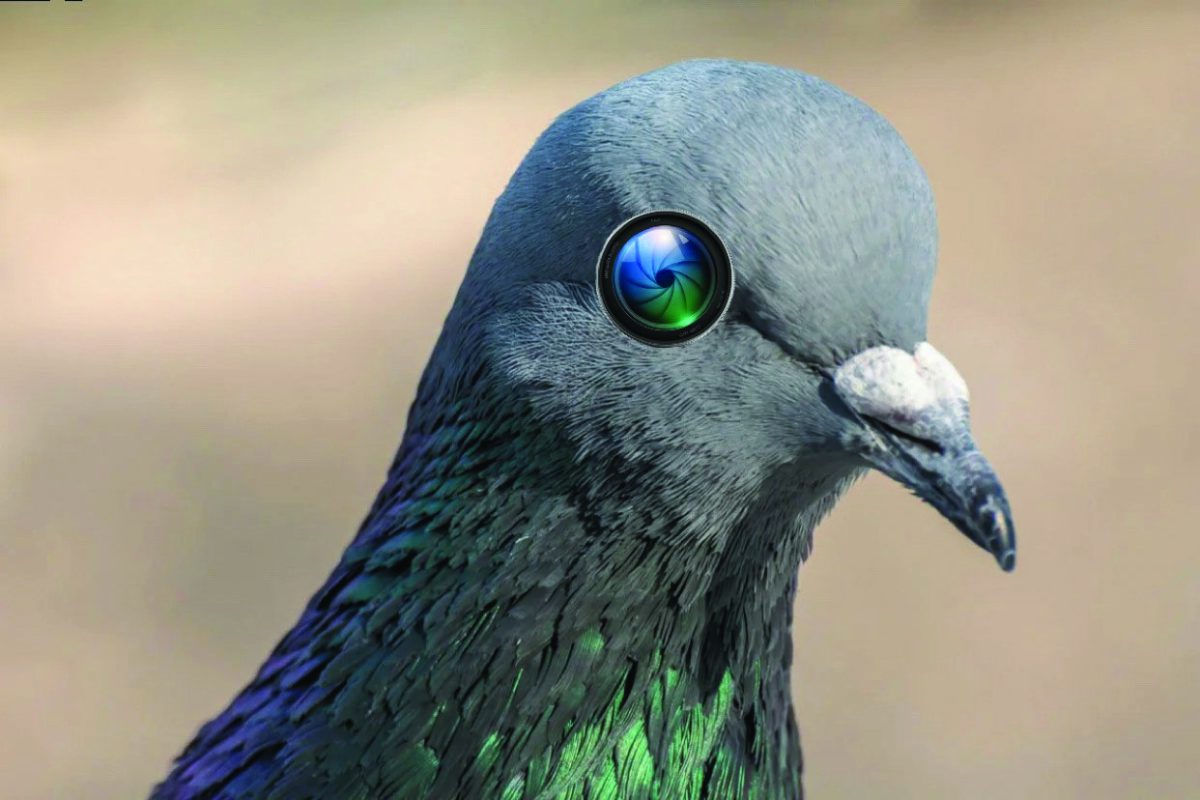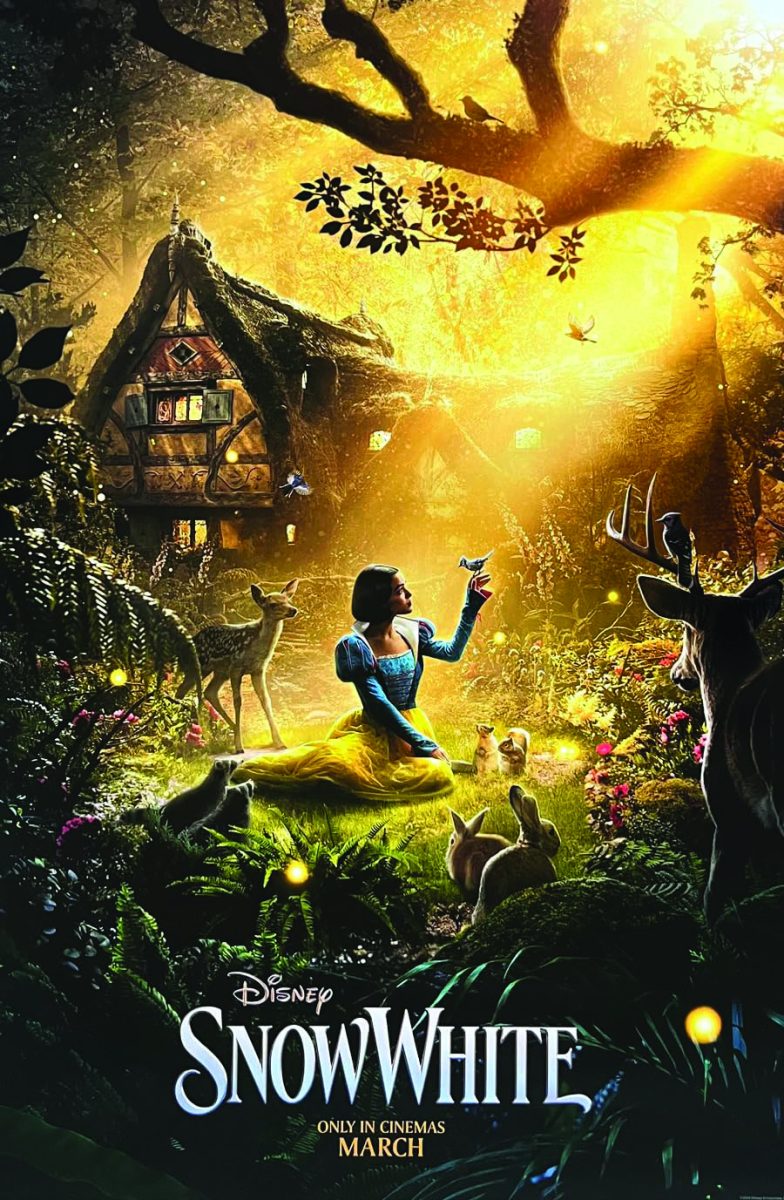Submited by Editorial Class Writers: Vail Grafton, Kaitlin Mahar, Kiki Dudley, Kardelen Akkus, Anthony Tilman
and Desiree Ramos.
The term “blackface” is one that does not and will never sit well with many people. Whether you are black or white, this word has taken on a negative connotation that has fueled anger among the public.
In many recent incidents, the use of “blackface” has stirred a lot of controversy. It is a term that has been deemed racist, disrespectful and insensitive to African Americans and the racial history of our country. Can some of these actions be justified as just a joke or should the term continue to not be taken lightly?
As a society with a sense of community, we look for role models that inspire younger generations. Aside from role models in the media, there are teachers and coaches in the learning environment who should push their position to represent good – appropriately.
Coaches Brian Basteyns and Howard Seeley from Serra High School football team in San Diego, Cali., dressed up as members of a bobsled team clothed in a tight suit with Jamaican flags and painted their faces black. The picture that went viral on the Internet shows them smiling, but it did not desensitize the evident issue of the pixels. We should understand that the choice these costumed people make has an effect on the people they are setting an example for. The message was clearly received; insensitivity towards minorities – check. The question is how offensive those minorities perceive it to be when people dress up as an ethnicity that is not their own.
When people dress up as Mexicans no one bats an eye. It becomes distasteful when they explain themselves, don’t take responsibility for their action and use typical excuses like, “I didn’t know it was offensive,” or “I wasn’t trying to be racist.” Now it’s not his problem anymore, it becomes everyone else’s (read: African Americans, Hispanics, Asians etc.).
A poll conducted by the Huffington Post in partnership with YouGov, found that less than 40 percent of the participants don’t deem “blackface” as inappropriate. When asked if it is acceptable for a white person to wear blackface to represent a black person on Halloween, 43 percent of those polled said it was acceptable, and 20 percent were not sure.
Laverne Cox, of Orange Is the New Black fame, agrees that ignorance is definitely a factor that contributes to the consistent dressing up as “blackface” for Halloween, at least in Julianne Hough’s case: “I don’t think Julianne is making a specific informed choice to comment on blackness,” says Cox. “I just think it’s out of this ignorance. That’s really sad.”
As for country music singer Hough, it’s hard for the public to understand exactly what was going through her mind when she chose to dress up as “blackface” for her Halloween costume. She wore the blackface and a “Crazy Eyes” nametag, to indicate that she was the character Julianne “Crazy Eyes” Warren from the show Orange Is The New Black.
Fans were rightfully outraged at the fact that the entertainer thought this was socially acceptable. In no way should something like this even vaguely be considered acceptable, especially with the message she sends out to her large fan base. After all of the objection from her fans, Hough made a public apology on Twitter and admitted to the obvious stupidity of her costume decision.
It becomes even more disrespectful and disgraceful when people humorously dressed up as George Zimmerman and the late Trayvon Martin. Trayvon made an impact nationwide and took Americans on an emotional journey. Not long after the case’s ruling, we found ourselves in the midst of another controversy; two Caucasian men from Florida went too far and decided to dress as Zimmerman and Martin. The man dressed as Zimmerman donned a shirt that read “Neighborhood Watch,” while the other dressed in “blackface” and wore a hoodie with a bloodstain on the chest.
What went through their minds when they thought of this? It’s not okay to jokingly dress in these costumes. It shows utter insensitivity to the people that were deeply upset about this recent topic that shook America.
The extent to which “blackface” or similar costumes and make-up has swayed the country is undeniable. All jokes aside, it’s time to address the racial issue at hand. Politics, society and communities, and most importantly our morals, are influenced. Ignoring it is not an option, but we can’t tolerate such destructive deviant behavior. If people take a minute to think before they choose what to wear for costume parties, this issue could be easily avoided— and it would probably stop many from wearing the worst costume of the night.




